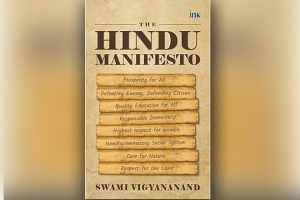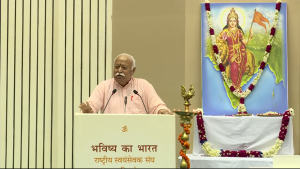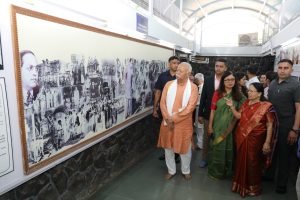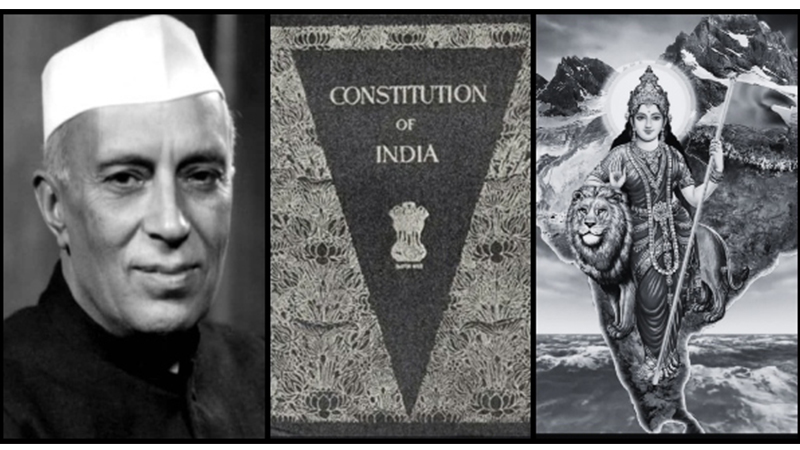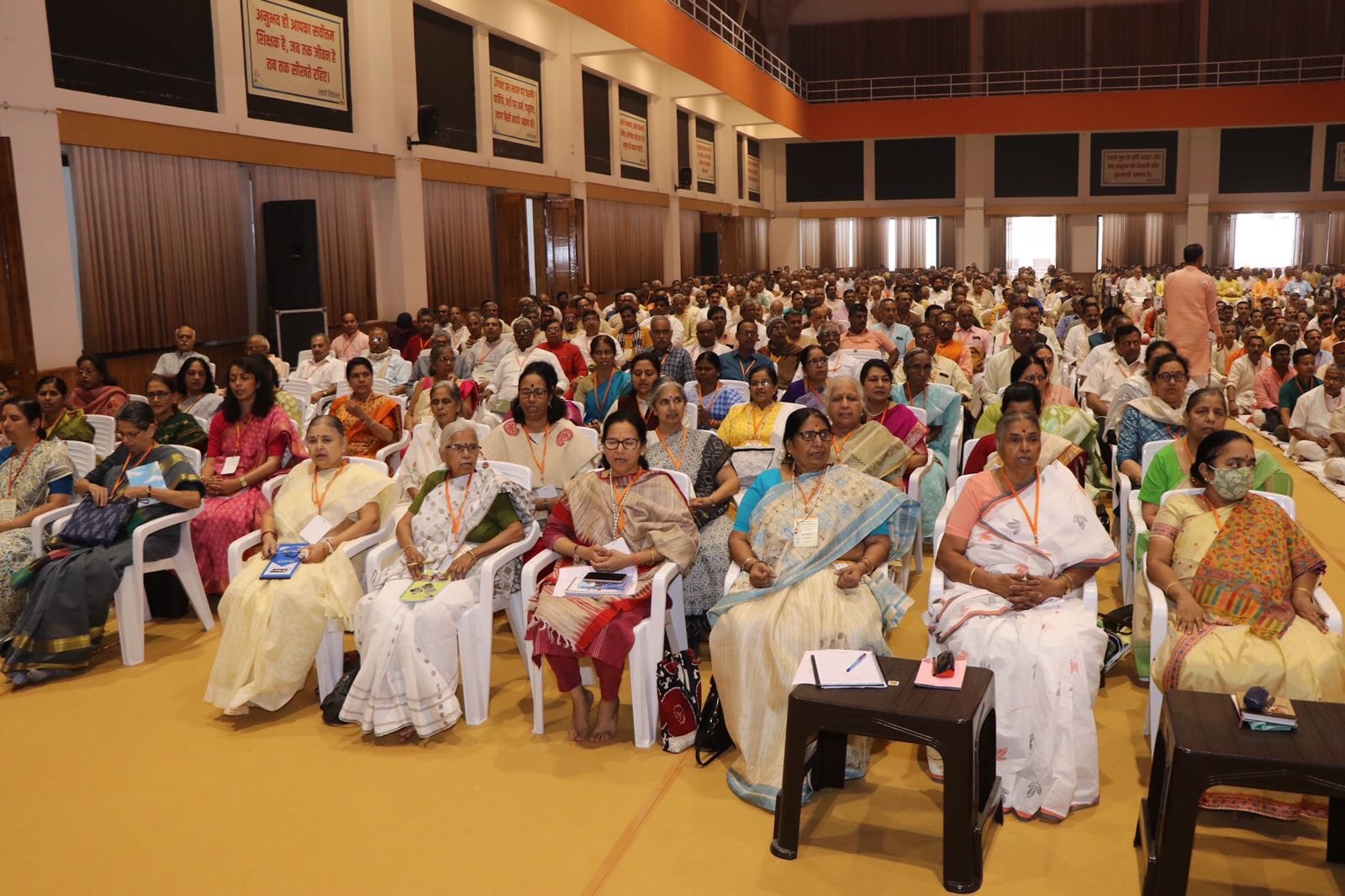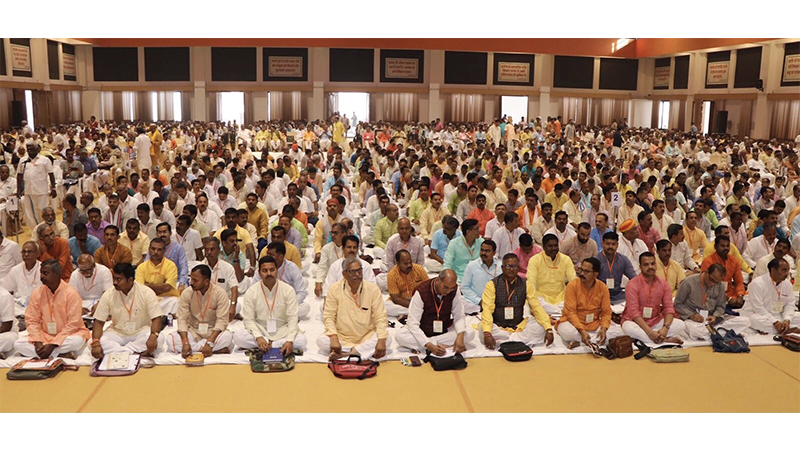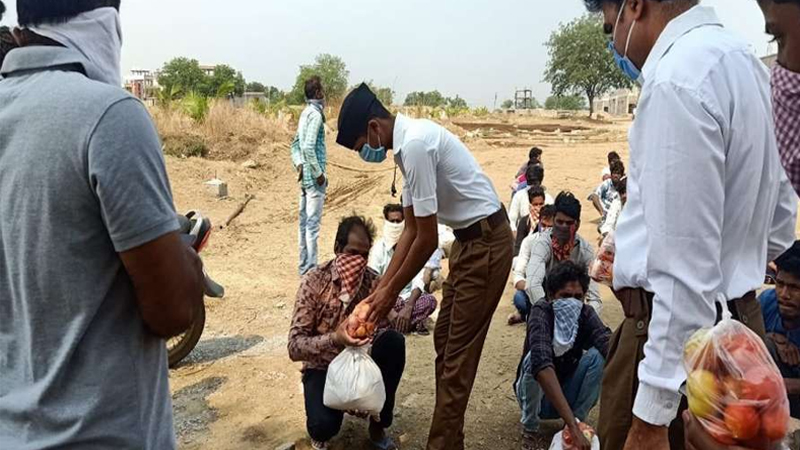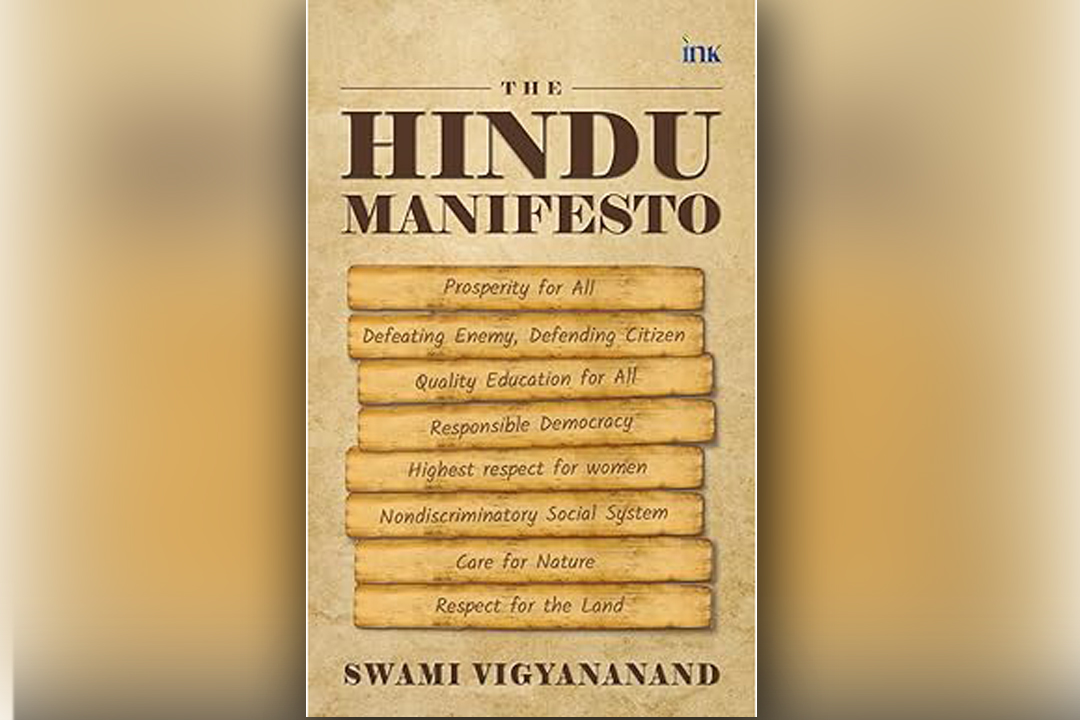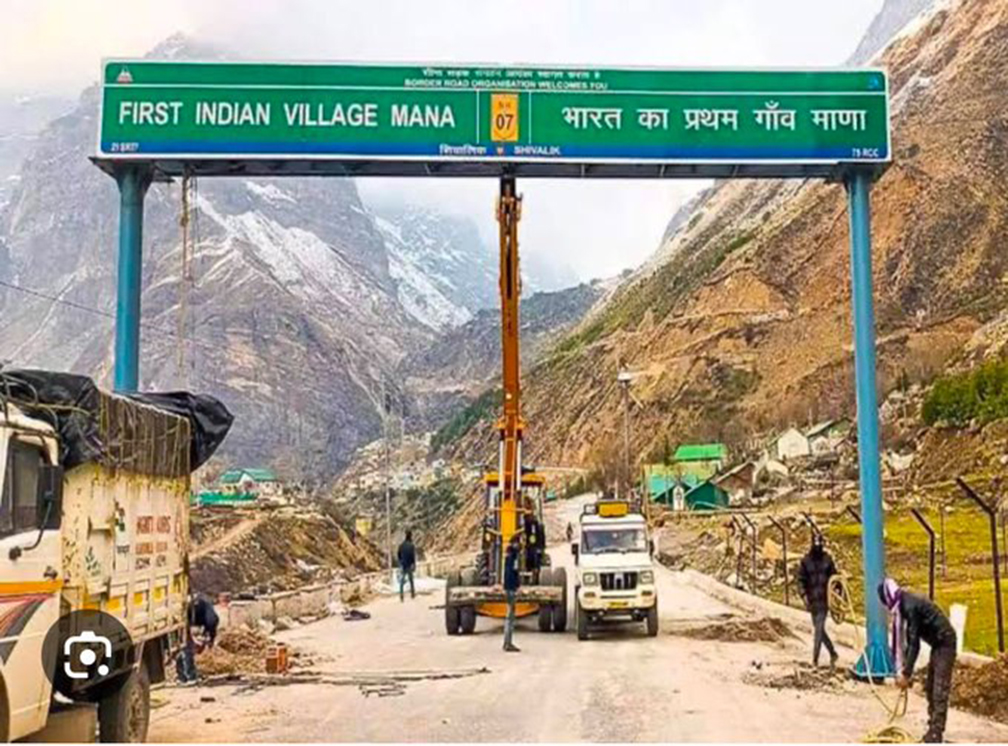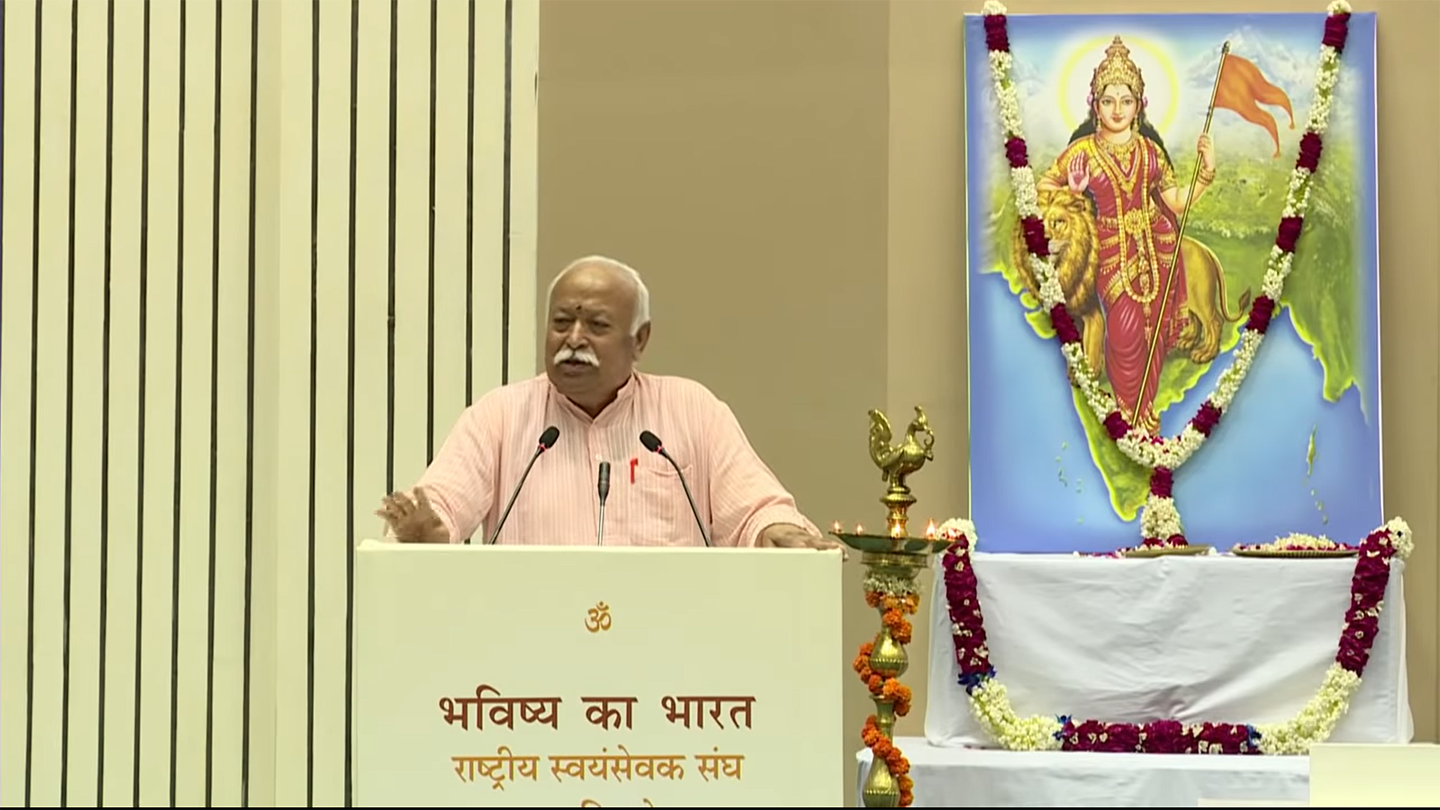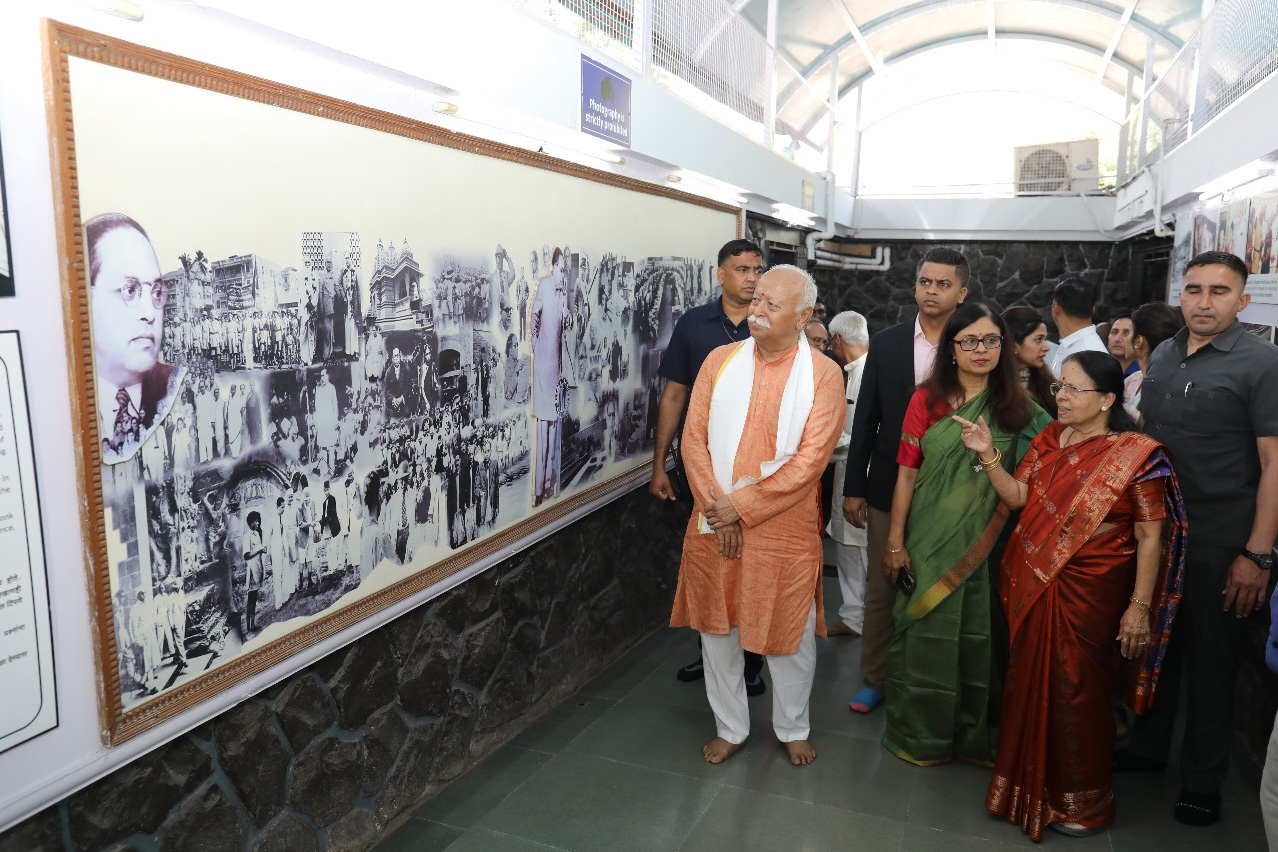Renowned scientist Dr Swaminathan supported RSS inspired organisation on GM crops
Updated: October 1, 2023 2:42
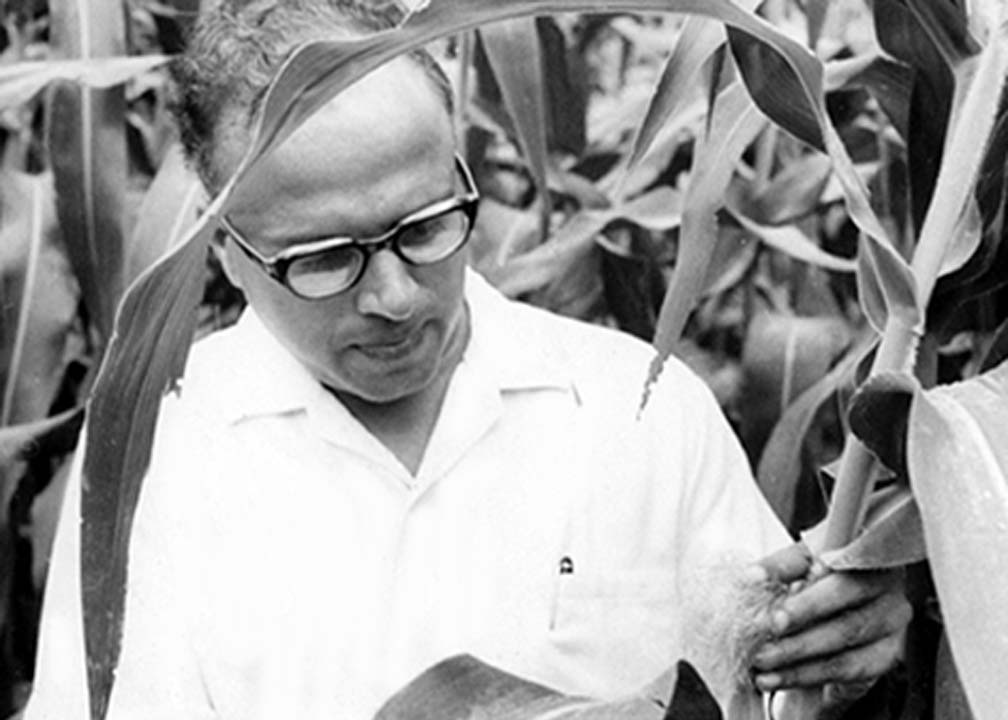
In a glowing tribute to noted international scientist Dr. MS Swaminathan, Swadeshi Jagran Manch (SJM) clearly said that Swaminathan supported its stands on the Genetically Modified (GM) crops. SJM is an RSS (Rashtriya Swayamsevak Sangh) inspired Indian organisation that works on issues related to country’s economic policy. SJM was formed on 22 November 1991 in the backdrop of India ushering in a new era of liberalisation. By 1996, it had become an important voice of dissent on economic policies of India. SJM has been on the forefront of doing advocacy for making India self-reliant through economic policies which are suitable for India. Over the last three decades it has emerged as one of the most effective voices on India’s quest for self-reliance. This is the official statement issued by Dr Ashwani Mahajan, national co-convenor of SJM paying tribute to Dr. MS Swaminathan. The statement also gives an overview of SJM’s stand on several key issues. It was issued on September 30, 2023. Here is the full statement:
“It was in the early 1960s, when Bharat, despite being an agricultural country, had reached a situation where country’s food grain production was not sufficient to feed our growing population. Our dependence on foreign countries had also increased and the country had to request other countries including United States of America to supply food grains. In such a situation, our agricultural scientists led by Dr. M.S. Swaminathan developed new hybrid varieties of seeds, with the help of which our food grain production, especially wheat and rice, increased rapidly and the country became self-reliant in food grains in a short span of time. It is noteworthy that in 1960-61 our total food grain production was only 82 million tonnes, but after the use of new high productivity varieties developed by Bharatiya scientists, our food grain production increased to 108 million tonnes by 1970-71 and 132 million tonnes by 1990-91 and reached 176 million tonnes by 1990-91. This phenomenon of this rising food production in the country was rightly given the name ‘Green Revolution’.
Great agriculture scientist, who led this revolution, Dr. M.S. Swaminathan, is also called the father of Bharat’s Green Revolution. Dr. M.S. Swaminathan breathed his last at the age of 98 years, on 28 September 2023 and nation gave him an emotional farewell.
The distinguishing feature of these new hybrid varieties developed by Dr Swaminathan and his team was such that they promised much higher productivity per hectare of land. However, to get maximum productivity from these new varieties, it was necessary to use some chemical fertilizers. Since these varieties were also more prone to diseases and insects, hence spraying pesticides on them became necessary. For these reasons Dr. M.S. Swaminathan had faced criticism from many quarters. Critics believed that Swaminathan was responsible for making Bhartiya agriculture more dependent on chemicals, both fertilisers and pesticides. But Dr. M.S. Swaminathan apart from being a supporter of science, also understood the agricultural needs of the country. It can be assumed that it was necessary to accept this bitter medicine to save the nation from scarcity of food and make our country self-reliant in food grains.
Clear understanding of good science and bad-science
Generally, it’s seen that scientists of any clan remain blind to the environmental and health impact of any new invention or discovery. However, Dr Swaminathan was a scientist, who could distinguish between a good and a bad science. Since late 1990s and early 2000, a group of scientists, called GM scientists had been pleading for introduction of Genetically Modified Organism (GMO). But Swaminathan refused to accept these GM seeds, unless it’s proved beyond doubt that these seeds are not harmful for health and environment.
He raised serious concerns about these GM seeds. In an article published in a peer reviewed journal authored by Dr Swaminathan and his Co-author, had said, “There is no doubt that GE (genetically engineered) Bt cotton has failed in India. It has failed as a sustainable agriculture technology and has, therefore, also failed to provide livelihood security for cotton farmers who are mainly resource-poor, small and marginal farmers,” according to the paper, “…The precautionary principle (PP) has been done away with and no science-based and rigorous biosafety protocols and evaluation of GM crops are in place.”
He was not just raising concerns over GM seeds, but was also fulfilling his ‘scientist’s dharma’. However, he had to face wrath of GM fundamentalists, who see nothing beyond their laboratory.
One such GM fundamentalist, Channa Prakash said, “It is sad that Prof. M.S. Swaminathan, who has contributed to India through green revolution, knows the value of biotech more than most people, is now pandering to the anti-GMO crowd, sounding more like Vandana Shiva! Not sure if he really means this?”
Further, confusion was created that Dr Swaminathan, has supported GMO. But Dr Swaminathan sent a personal message to the author of this tribute via X, formerly Twitter, to this effect that he stands by his 2004’s report and stated as follows:
“Dear Ashwani, I thank you for your comment on GM crops. I give below my recommendation in a report submitted to the Ministry of Agriculture in the Year 2004.
The bottom line of our national agricultural biotechnology policy should be the economic well-being of farm families, food security of the nation, health security of the consumer, biosecurity of agriculture and health, protection of the environment and the security of national and international trade in farm commodities. M S Swaminathan”
Incidentally, this statement from Dr Swaminathan, makes it clear that his opinion supports the stand of Swadeshi Jagran Manch on GM crops, where SJM has raised issues about lack of evidence on higher productivity, their harmful effects on environment, bio-security of agriculture and health and looming dangers to our international trade in agriculture commodities. SJM salutes this great scientist, with a visionary approach, not dithered by the rhetoric of science.”
